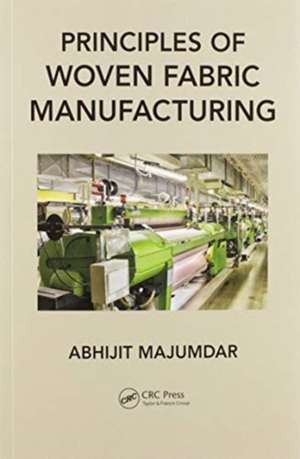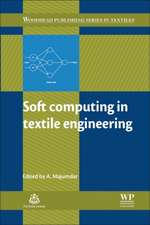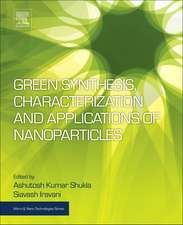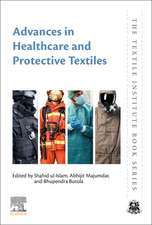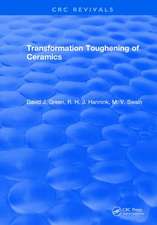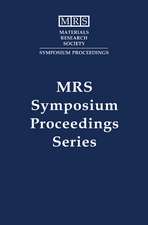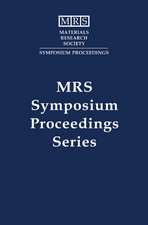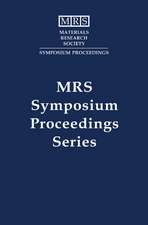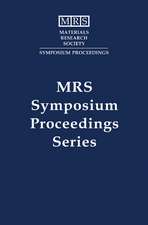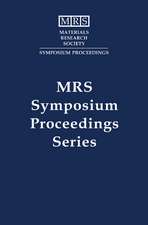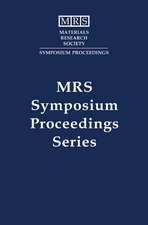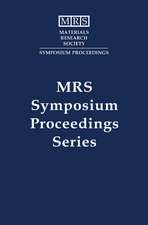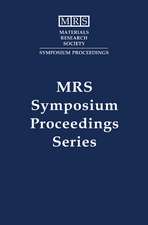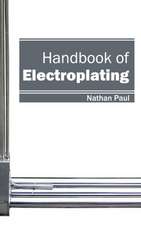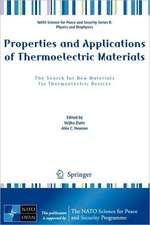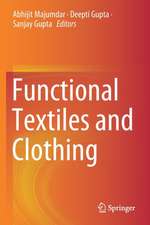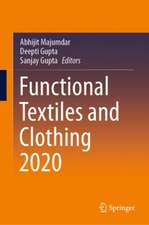Principles of Woven Fabric Manufacturing
Autor Abhijit Majumdaren Limba Engleză Paperback – 30 iun 2020
| Toate formatele și edițiile | Preț | Express |
|---|---|---|
| Paperback (1) | 443.88 lei 6-8 săpt. | |
| CRC Press – 30 iun 2020 | 443.88 lei 6-8 săpt. | |
| Hardback (1) | 1013.32 lei 6-8 săpt. | |
| CRC Press – 16 noi 2016 | 1013.32 lei 6-8 săpt. |
Preț: 443.88 lei
Nou
Puncte Express: 666
Preț estimativ în valută:
84.95€ • 92.24$ • 71.36£
84.95€ • 92.24$ • 71.36£
Carte tipărită la comandă
Livrare economică 23 aprilie-07 mai
Preluare comenzi: 021 569.72.76
Specificații
ISBN-13: 9780367574192
ISBN-10: 0367574195
Pagini: 454
Dimensiuni: 156 x 234 x 24 mm
Greutate: 0.64 kg
Ediția:1
Editura: CRC Press
Colecția CRC Press
Locul publicării:Boca Raton, United States
ISBN-10: 0367574195
Pagini: 454
Dimensiuni: 156 x 234 x 24 mm
Greutate: 0.64 kg
Ediția:1
Editura: CRC Press
Colecția CRC Press
Locul publicării:Boca Raton, United States
Cuprins
Introduction to fabric manufacturing. Yarn winding. Warping. Yarn sizing. Simple weave designs. Shedding. Picking in shuttle loom. Picking in shuttleless loom. Beat-up. Secondary and Auxiliary Motions.
Notă biografică
Abhijit Majumdar obtained bachelor's degree from Calcutta University in 1995 with first class first position in Textile Technology program. He acquired master's degree in Textile Engineering from Indian Institute of Technology (IIT) Delhi in 1997 and doctorate in Engineering from Jadavpur University, Kolkata, in 2006. He also holds an M.B.A. degree from IIT Delhi with specialization in Operations Management.
He has worked in industries like Voltas Limited and Vardhman Group before joining academia. He taught in Government College of Engineering and Textile Technology, Berhampore, West Bengal, India, between 1999 and 2007. He joined IIT Delhi as Assistant Professor in 2007. At present, he is working as Associate Professor in textile engineering group. His research areas include protective textiles, soft computing applications and operations and supply chain management. He has completed three research projects funded by Department of Science and Technology (DST) and Council for Scientific and Industrial Research (CSIR), India. He has published 70 research papers in international refereed journals and guided four Ph.D. students. He has edited two books published by Woodhead Publisher, U. K. and authored one monograph (Textile Progress) published by Taylor and Francis.
He is the associate editor of Journal of the Institution of Engineers (India) Series E (Chemical and Textile Engineering) published by Springer. He is a recipient of Outstanding Young Faculty Fellowship of IIT Delhi (2009-2014) and Teaching Excellence Award (2015) of IIT Delhi.
He has worked in industries like Voltas Limited and Vardhman Group before joining academia. He taught in Government College of Engineering and Textile Technology, Berhampore, West Bengal, India, between 1999 and 2007. He joined IIT Delhi as Assistant Professor in 2007. At present, he is working as Associate Professor in textile engineering group. His research areas include protective textiles, soft computing applications and operations and supply chain management. He has completed three research projects funded by Department of Science and Technology (DST) and Council for Scientific and Industrial Research (CSIR), India. He has published 70 research papers in international refereed journals and guided four Ph.D. students. He has edited two books published by Woodhead Publisher, U. K. and authored one monograph (Textile Progress) published by Taylor and Francis.
He is the associate editor of Journal of the Institution of Engineers (India) Series E (Chemical and Textile Engineering) published by Springer. He is a recipient of Outstanding Young Faculty Fellowship of IIT Delhi (2009-2014) and Teaching Excellence Award (2015) of IIT Delhi.
Recenzii
"The main strengths of the textbook are a clear, logical, modern and understandable explanation of the subject matter in the field of weaving technology. Graphics, photos and practical examples effectively supporting the consolidation and understanding of the content presented. A perfect textbook for students and weaving experts."
— Polona Dobnik Dubrovski, The University of Maribor, Slovenia
"This book is relevant and useful both to undergraduates and undergraduates who are pursuing a career in apparel and textiles."
— John Mcloughlin, Manchester Metropolitan University, United Kingdom
"The book titled Principles of Woven Fabric Manufacturing is one of the comprehensive concept books on two dimensional (2D) weaving and weaving related subjects. My overall view on the book is that each sub content is explained very simple way for the reader to understand. In addition, it includes recent innovations especially data management, up to date process automation and basic calculation principles. I recommend the book students, engineers, researchers and teachers in various colleges and Universities as well as private companies and state and private research organizations."
— Kadir Bilisik, Erciyes University, Turkey
"The book provides technical treatise on weaving including preparatory weaving processes and elementary fabric design. The content of the book is written in simple and easy to understand language. Numerical exercises are included; which will benefit students and early career practitioners."
— Rajesh Anandjiwala, CSIR Materials Science & Manufacturing, Port Elizabeth, South Africa
"Apart from engineering students, there is much background information to be gleaned by students of textile design who intend to work in an indistrial setting. Not perhaps a book for hand weavers to read from cover to cover, but if you have lots of unanswered quest
— Polona Dobnik Dubrovski, The University of Maribor, Slovenia
"This book is relevant and useful both to undergraduates and undergraduates who are pursuing a career in apparel and textiles."
— John Mcloughlin, Manchester Metropolitan University, United Kingdom
"The book titled Principles of Woven Fabric Manufacturing is one of the comprehensive concept books on two dimensional (2D) weaving and weaving related subjects. My overall view on the book is that each sub content is explained very simple way for the reader to understand. In addition, it includes recent innovations especially data management, up to date process automation and basic calculation principles. I recommend the book students, engineers, researchers and teachers in various colleges and Universities as well as private companies and state and private research organizations."
— Kadir Bilisik, Erciyes University, Turkey
"The book provides technical treatise on weaving including preparatory weaving processes and elementary fabric design. The content of the book is written in simple and easy to understand language. Numerical exercises are included; which will benefit students and early career practitioners."
— Rajesh Anandjiwala, CSIR Materials Science & Manufacturing, Port Elizabeth, South Africa
"Apart from engineering students, there is much background information to be gleaned by students of textile design who intend to work in an indistrial setting. Not perhaps a book for hand weavers to read from cover to cover, but if you have lots of unanswered quest
Descriere
This book amalgamates both the compartments (preparatory processes and the loom mechanism) of weaving technology and presents a holistic picture.
